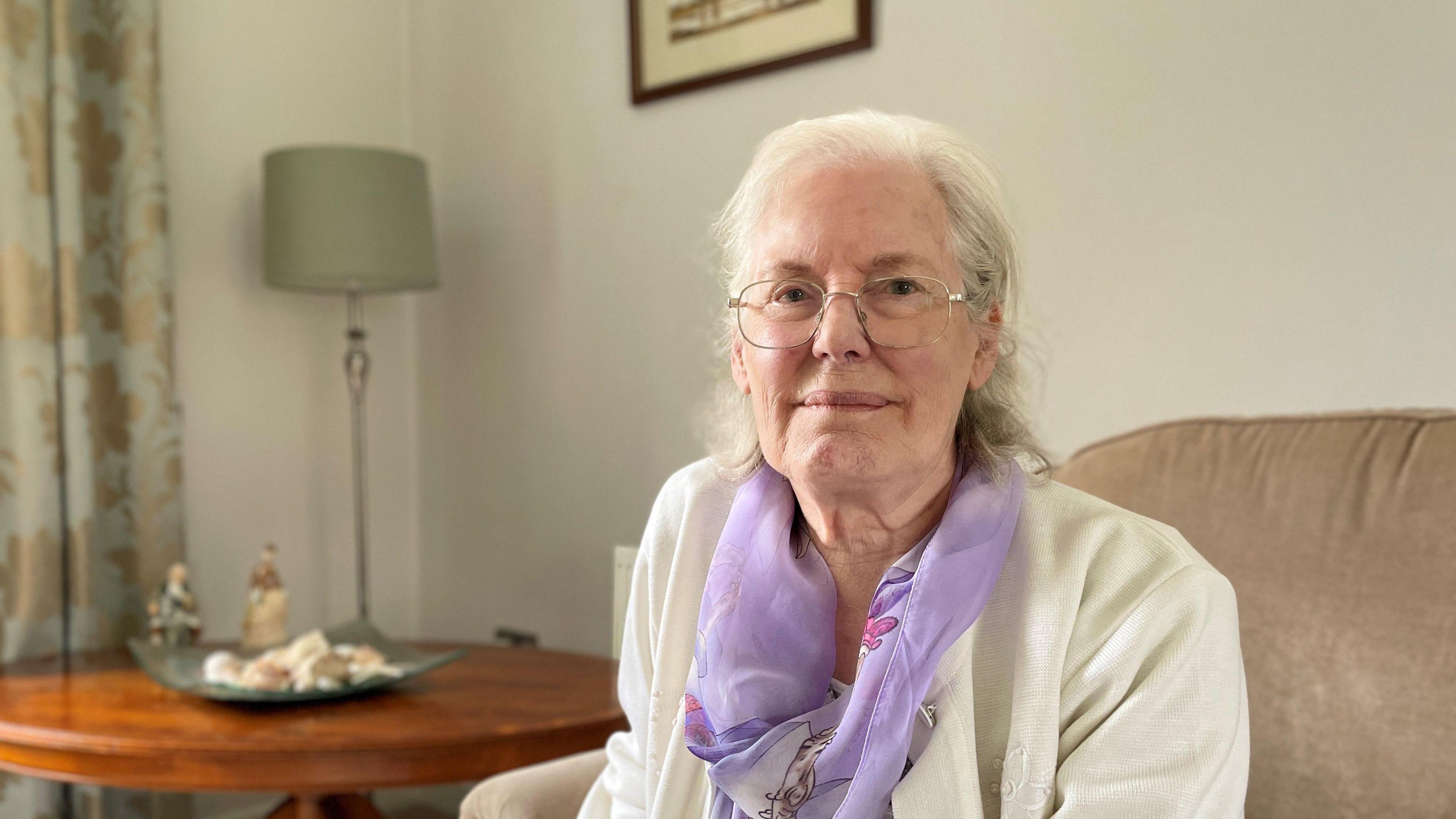Patient's treatment by rogue surgeon 'unnecessary'
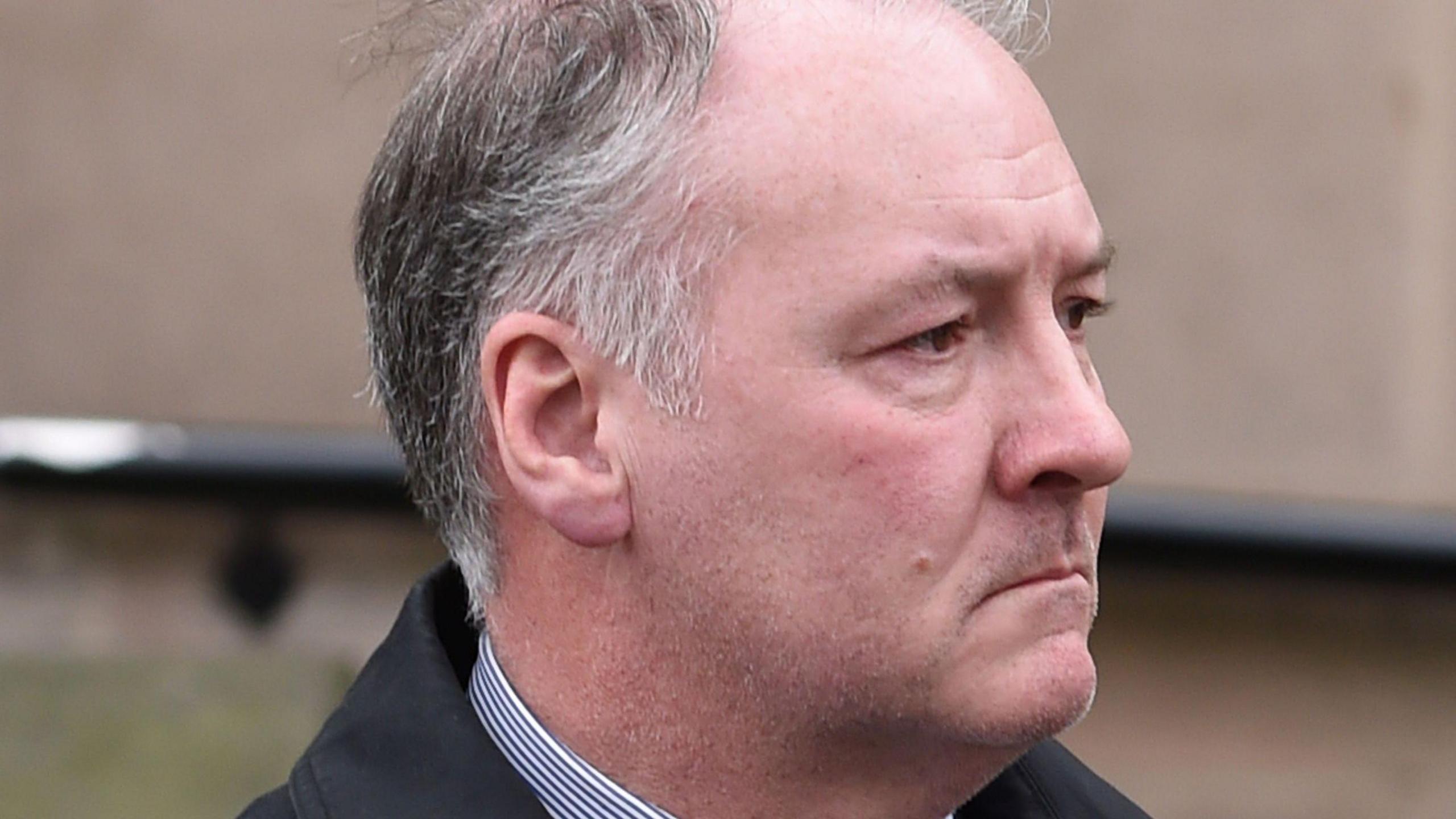
Ian Paterson disagreed that the mastectomies he performed were unnecessary
- Published
A woman who had advanced disease when she was diagnosed with breast cancer underwent "unnecessary" surgery carried out by disgraced medic Ian Paterson, an inquest has heard.
Rosemarie Blake died in July 1997 aged 56, after her breast cancer spread to her liver, bone marrow and brain.
The inquest into the death of Mrs Blake is the sixth of 62 being heard about Paterson's care.
Paterson, who is serving a 20-year prison sentence for wounding patients after a 2017 conviction, denied that an open breast biopsy and double mastectomy he performed on Mrs Blake were unnecessary.
Mrs Blake, a former care worker from Erdington, had been admitted to hospital suffering with anaemia, nose bleeds, hypovolemic shock and vomiting blood days before she died.
A multidisciplinary team of experts, appointed to assist coroner Richard Foster, concluded that "unnecessary surgical intervention" in March 1996, when Mrs Blake underwent an open breast biopsy, delayed the start of chemotherapy and bisphosphonates and "caused" pulmonary embolic disease.
Paterson said the claims were "nonsense" and that the team's review of Mrs Blake's notes was "shoddy".
'Cancer was underestimated'
Asked by counsel to the inquest Jonathan Jones KC whether he accepted that the biopsy and the double mastectomy were unnecessary procedures to carry out when previous tests, including a bone scan, suggested her cancer may have already metastasised, Paterson said no.
He said: "We still don't have a diagnosis, we have a lot of maybes. You need a tissue diagnosis, that's why she had an open biopsy."
He added: "Mrs Blake had advanced local disease at diagnosis. She had bilateral cancer which was underestimated clinically and radiologically.
"She didn't have unnecessary surgical intervention, it was for diagnosis. And I still don't believe the mastectomies were unnecessary.
"This lady had mastectomies on April 6 1996, and had her first dose of chemotherapy 18 days post-op."
Paterson said he did not believe a delay of 18 days was enough to have made a difference to Mrs Blake's prognosis.

Mrs Blake's surgery was necessary for diagnostic reasons, Paterson told the inquest
Asked by Mr Jones if a mastectomy was appropriate treatment for someone whose cancer had already spread, Paterson said: "Yes, in certain circumstances.
"She had an operable disease which is always an important indication. It would suggest it wasn't completely out of control but you don't want to let it get out of control. You want to try and intervene when the situation is still salvageable."
Paterson said he believed that Mrs Blake died as a result of "spontaneous bleeding" caused by "poorly managed" treatment with blood thinners for pulmonary embolic disease.
He denied that any of the procedures he carried out caused pulmonary embolic disease, saying it was clear Mrs Blake already had this when she first visited her GP complaining of chest pain in February 1996 - before she was diagnosed with cancer.
At the start of the inquest, Mrs Blake's daughter Katrina described her mother as being "loved by all".
She said: "She had a zest for life. She was strong and resilient and had a great sense of humour. She was a fighter.
"She had an infectious laugh that could be heard for miles and a uniqueness that shone for all to see."
The inquest continues.
Get in touch
Tell us which stories we should cover in Birmingham and the Black Country
Follow BBC Birmingham on BBC Sounds, Facebook, external, X, external and Instagram, external.
Related topics
- Published31 October 2024
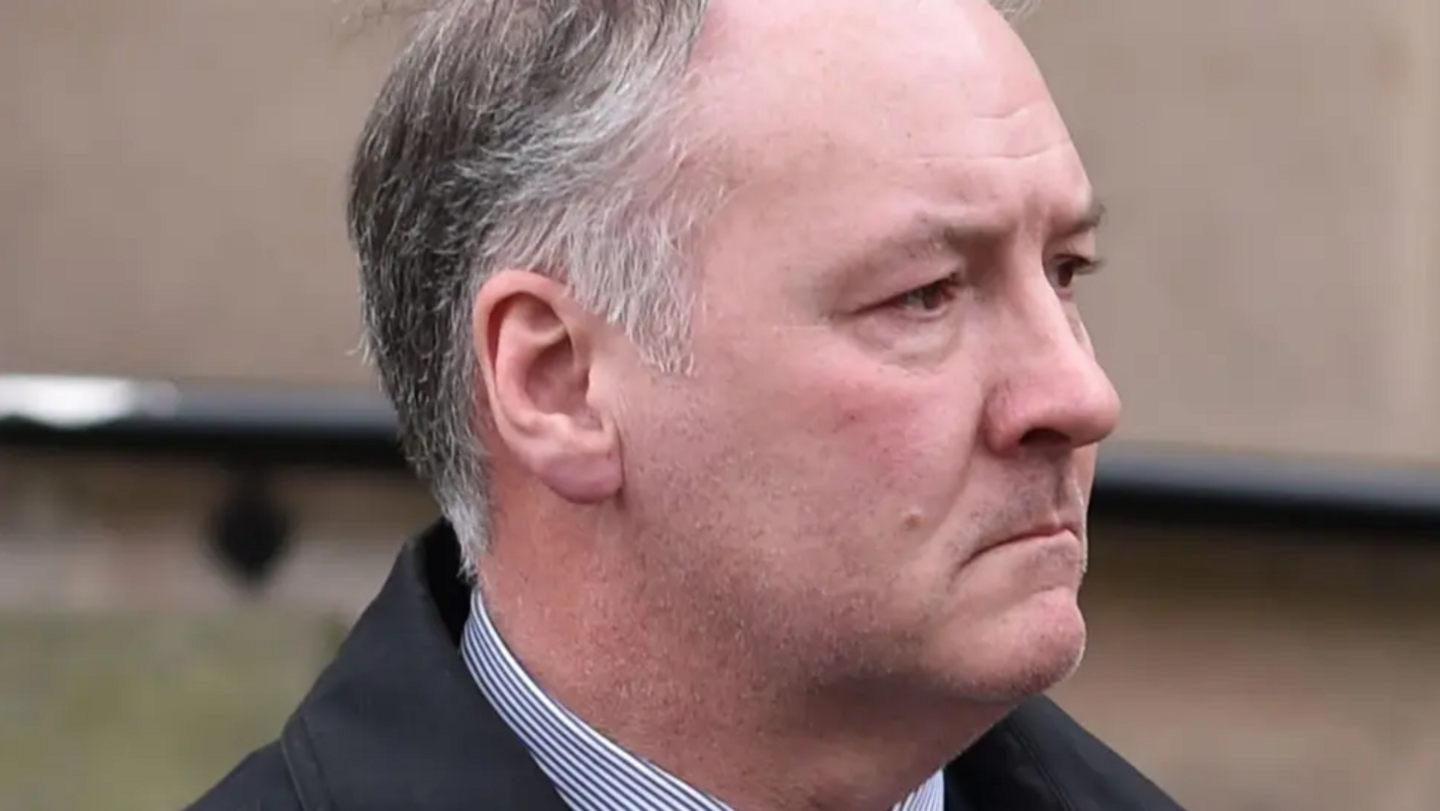
- Published18 November 2024
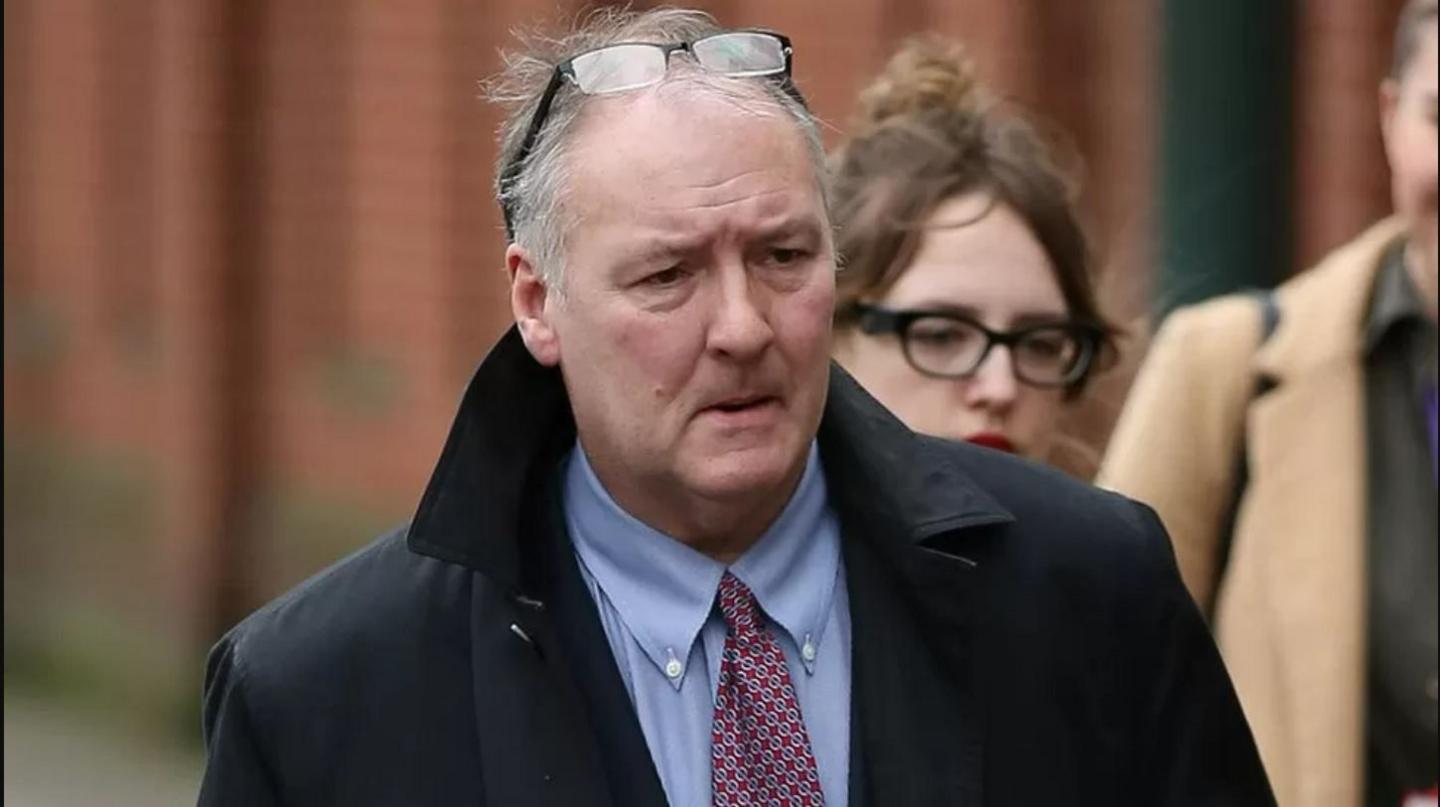
- Published21 October 2024
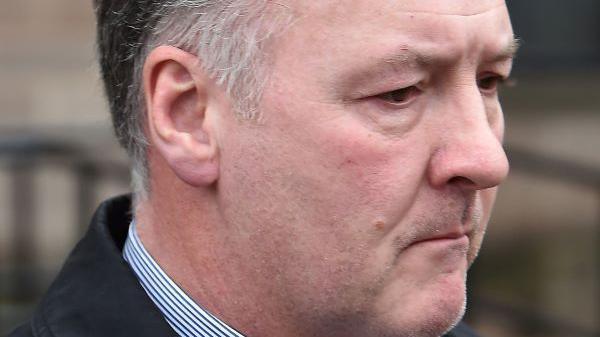
- Published11 November 2024
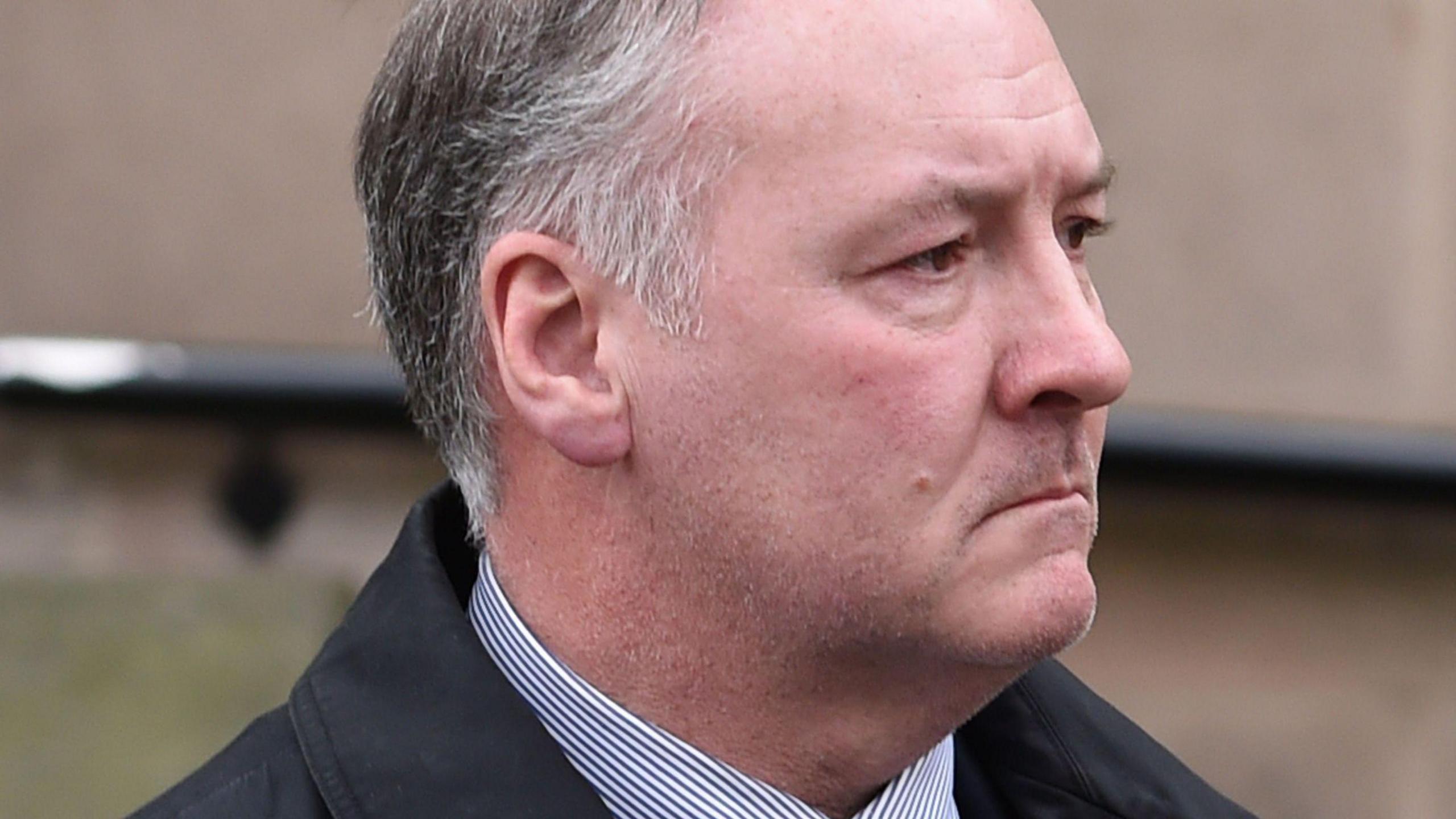
- Published15 November 2024
